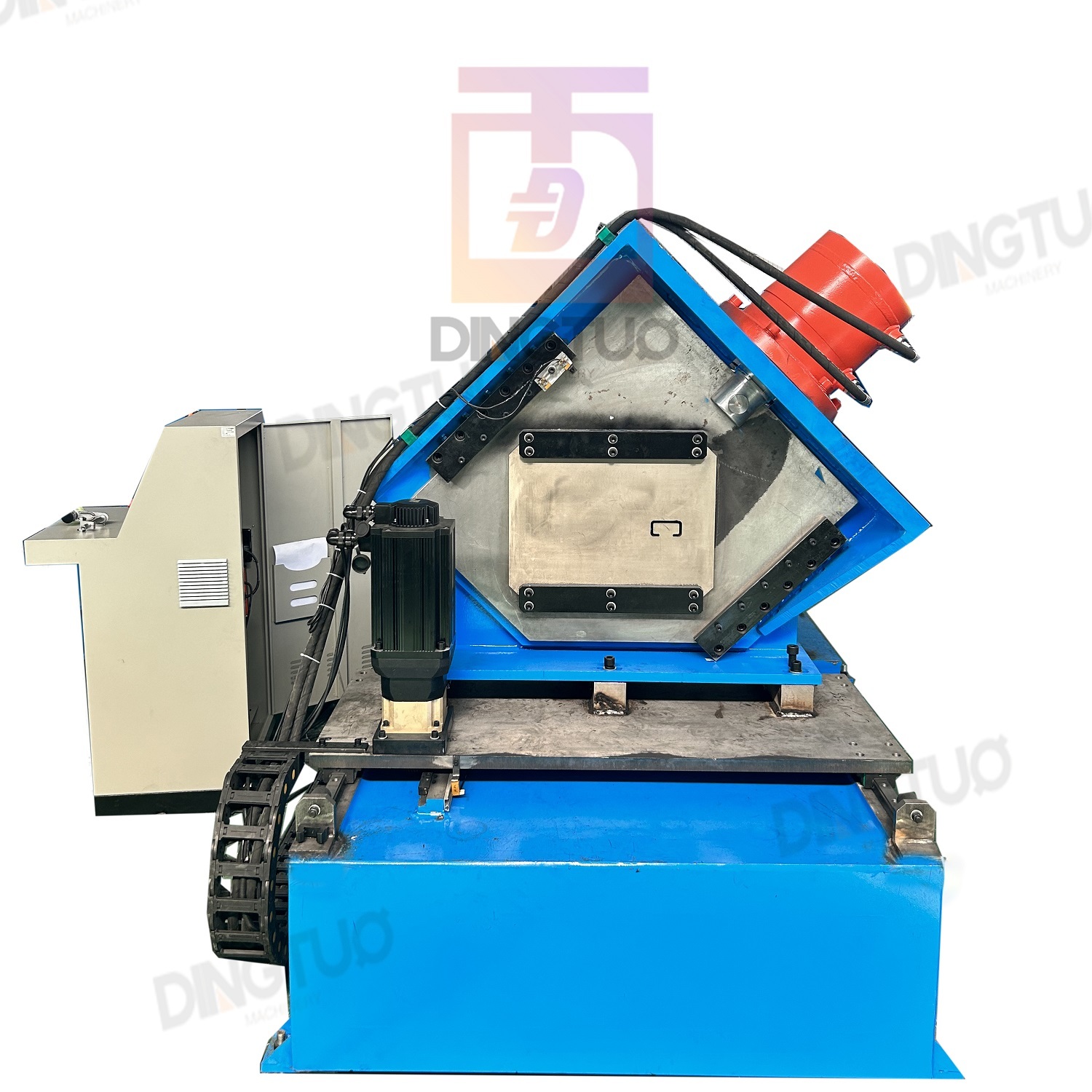Innovative Solutions: How Portable Metal Roof Roll Forming Machines Transform Construction
The Evolution of Roofing Technology
The construction industry has witnessed numerous technological advancements over the years. Traditional roofing methods often involved extensive labor and time, making the process cumbersome. The **introduction of roll-forming technology** marked a pivotal shift. Roll forming, which involves the continuous bending of metal sheets into desired shapes, enables the production of uniform, high-quality roofing panels efficiently. Portable versions of these machines now allow contractors to bring the factory to the job site.
Understanding Roll Forming Technology
Roll forming machines operate by feeding metal coils through a series of rollers that gradually shape the material into the desired profile. This process ensures that the roofing panels are not only strong and durable but also perfectly suited for their intended application. The versatility of roll forming technology makes it ideal for various roof designs, including standing seam roofs, corrugated panels, and more.
The Rise of Portability in Metal Roofing Solutions
As projects become increasingly complex, the demand for portable solutions has surged. Portable metal roof roll forming machines can be easily transported to different job sites, allowing contractors to manufacture roofing materials on-site. This **eliminates delays** associated with sourcing pre-manufactured panels, leading to faster project completion times.
Key Advantages of Portable Metal Roof Roll Forming Machines
The benefits of using portable metal roof roll forming machines are manifold. Here are some of the key advantages:
1. Enhanced Efficiency and Productivity
Portable machines enable contractors to produce roofing materials as needed. This on-demand manufacturing significantly reduces downtime associated with transporting materials. As a result, **project timelines are shortened**, allowing for more projects to be completed within a given period.
2. Cost Savings
By producing roofing panels on-site, companies can minimize transportation costs and reduce material waste. This efficiency translates into significant cost savings for construction projects. Moreover, the ability to purchase raw materials in bulk further enhances financial advantages.
3. Improved Quality Control
When roofing panels are produced on-site, contractors have greater control over the quality of the materials. They can adjust settings and make modifications as necessary, ensuring that the finished product meets specific project requirements. This level of quality control is often difficult to achieve with pre-manufactured materials.
4. Flexibility in Design
Portable metal roof roll forming machines offer the flexibility to create custom profiles tailored to unique architectural designs. Contractors can easily adjust the machine settings to produce panels of varying lengths and shapes, accommodating diverse project specifications.
5. Eco-Friendly Practices
The use of portable metal roof roll forming machines contributes to more sustainable construction practices. By reducing waste and transportation emissions, these machines align with modern environmental standards. Additionally, metal is fully recyclable, making it a preferred choice in eco-conscious building projects.
Applications of Portable Metal Roof Roll Forming Machines
The versatility of portable metal roof roll forming machines allows them to be utilized in a variety of construction scenarios.
Residential Roofing Projects
Homeowners are increasingly opting for metal roofs due to their durability and aesthetic appeal. Portable roll forming machines enable contractors to produce customized roofing solutions that enhance the visual appeal of residential properties.
Commercial Building Projects
For commercial buildings, the demand for quick and efficient roofing solutions is paramount. The ability to manufacture roofing materials on-site allows businesses to minimize disruption and maintain operational efficiency during renovations or new constructions.
Industrial Applications
In industrial settings, portable metal roof roll forming machines can be utilized to create strong, durable roofing solutions that withstand harsh environmental conditions. Their capacity for customized production makes them ideal for manufacturing industrial-grade roofing panels.
Infrastructure Development
Portable machines play a crucial role in infrastructure projects, where timely completion is essential. By facilitating on-site production, they support the rapid development of facilities such as warehouses, factories, and transportation hubs.
Challenges and Solutions in Portable Metal Roof Roll Forming
While portable metal roof roll forming machines offer numerous advantages, there are also challenges that contractors may face.
1. Initial Investment Costs
The up-front cost of purchasing a portable metal roof roll forming machine can be substantial. However, this investment is often recouped through long-term savings on labor and material costs.
2. Learning Curve for Operators
Proper training is essential for operators to maximize the machine’s capabilities. Investing in comprehensive training programs can alleviate this concern and ensure efficient operation.
3. Maintenance Requirements
Like any machinery, portable roll forming machines require regular maintenance to function optimally. Establishing a routine maintenance schedule can help prevent costly breakdowns and extend the lifespan of the equipment.
Future Trends in Portable Metal Roof Roll Forming Technology
As technology continues to advance, so too will the capabilities of portable metal roof roll forming machines. Future trends may include:
1. Automation and Smart Technologies
The integration of smart technologies will enhance the precision and efficiency of portable machines. Features such as automated adjustments and remote monitoring will streamline operations and reduce the potential for human error.
2. Enhanced Materials
The development of advanced metal alloys will contribute to the production of lighter, stronger, and more energy-efficient roofing panels. These materials may also offer improved aesthetic options and greater durability.
3. Increased Energy Efficiency
As sustainability becomes a priority, future roll-forming machines may be designed to utilize energy-efficient technologies, further reducing their environmental impact.


评论
发表评论